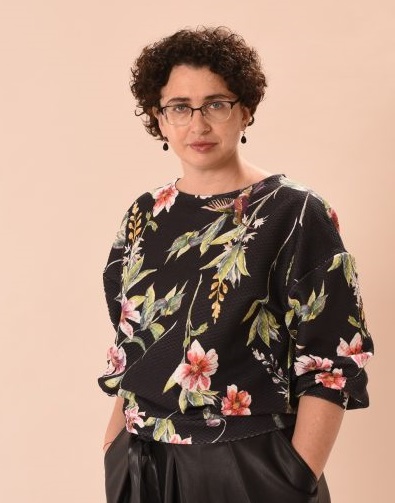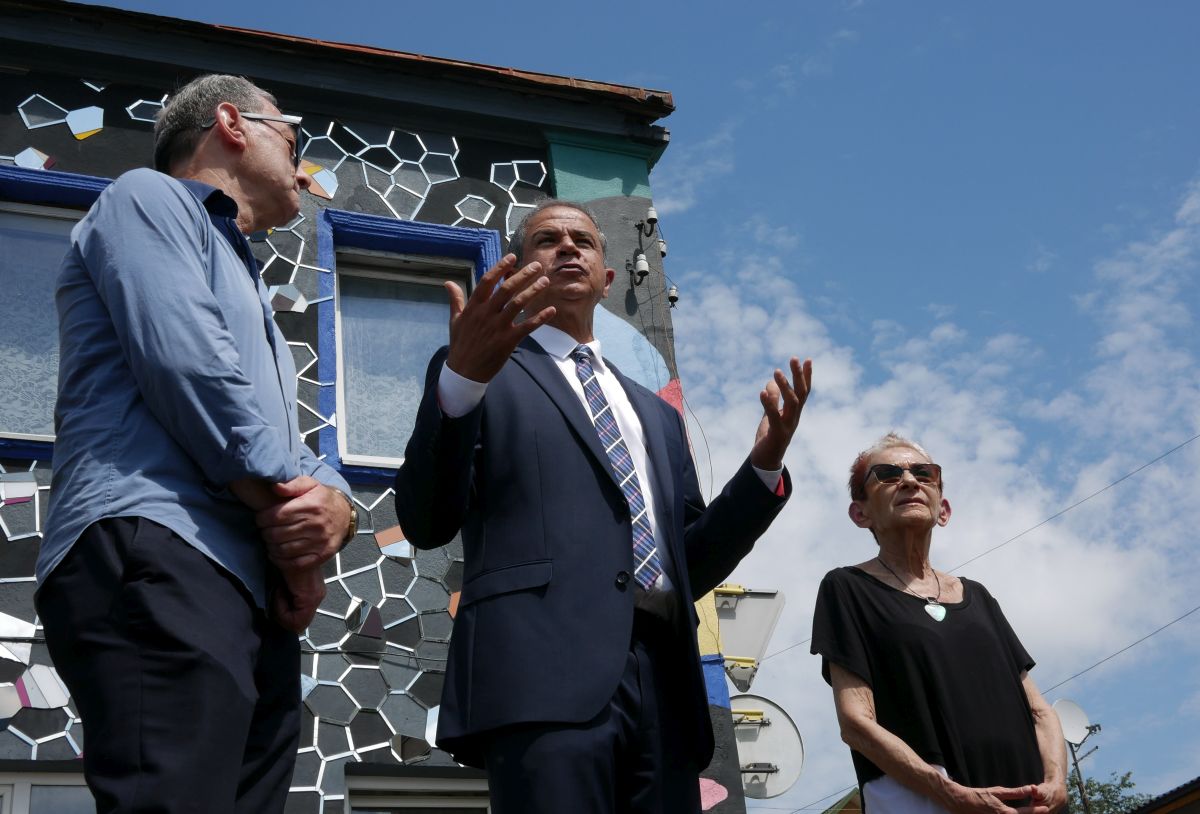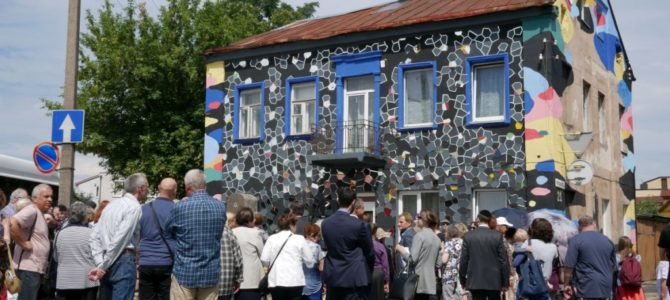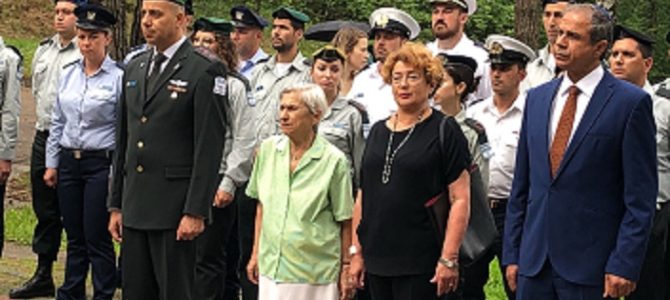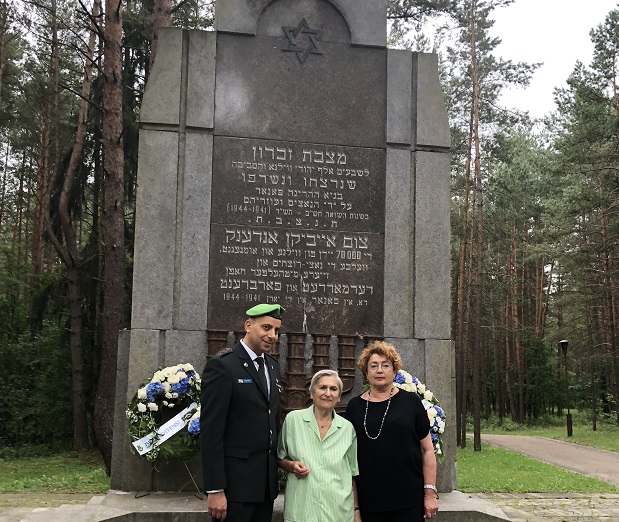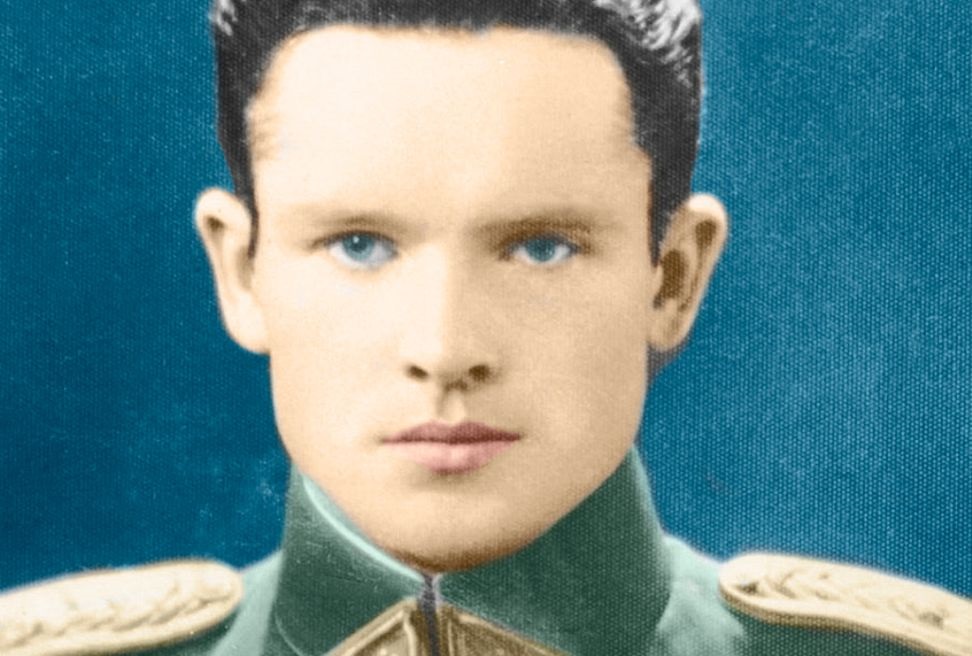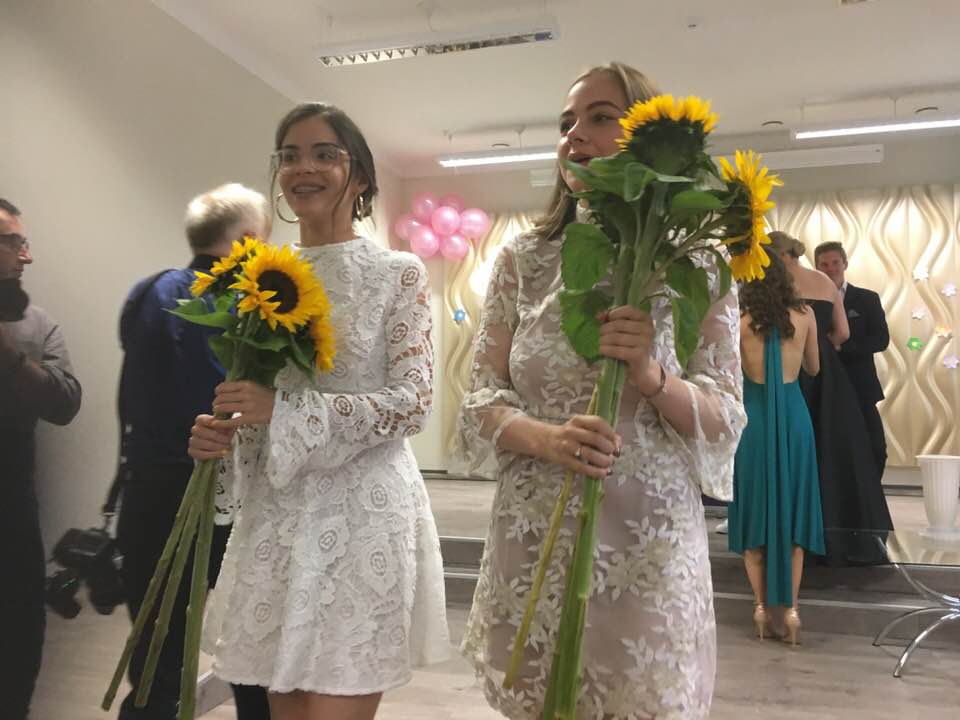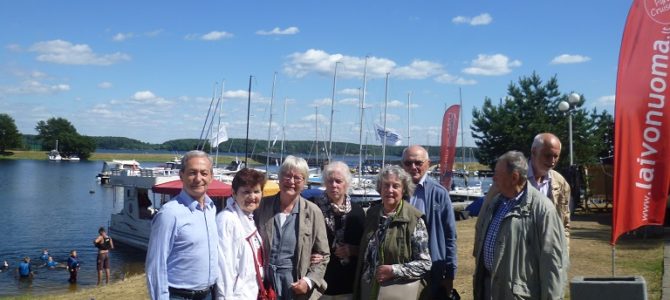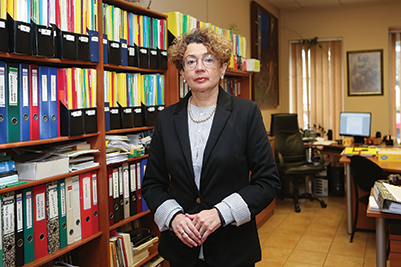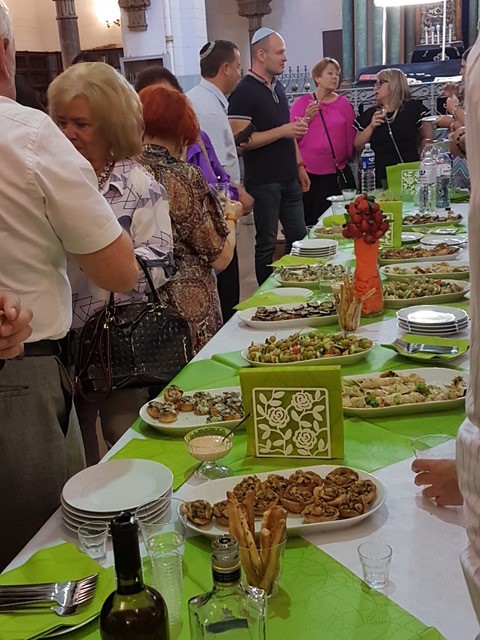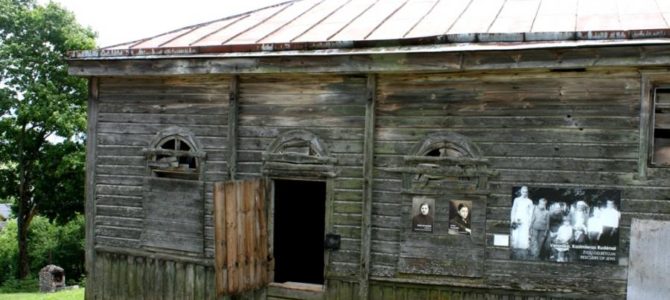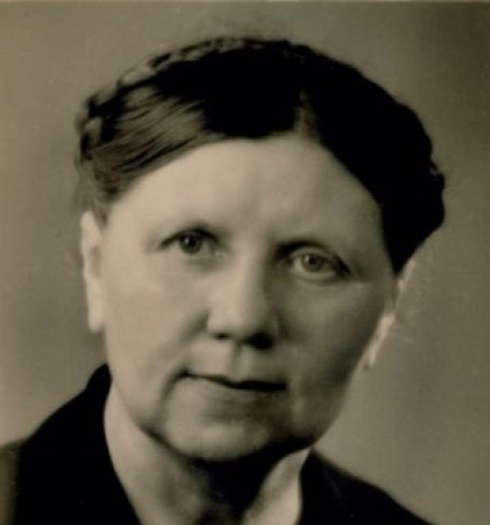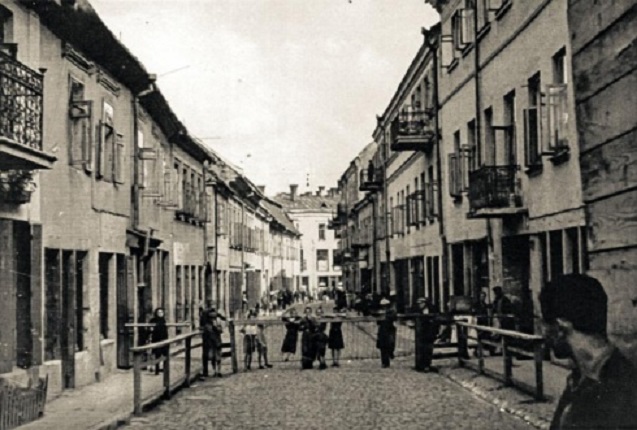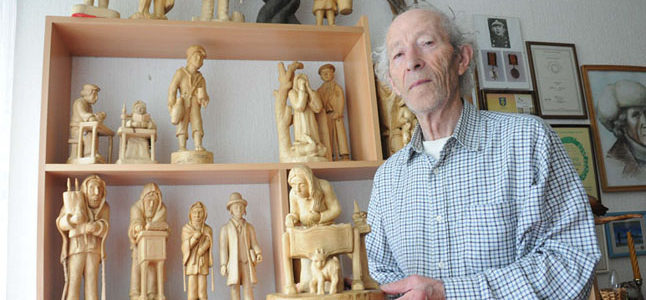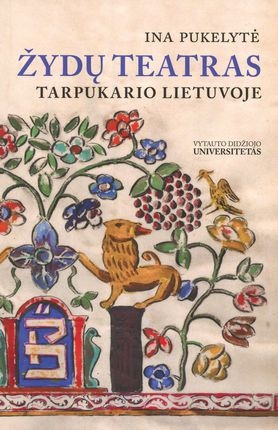Professor habil. Dr. Markas Petuchauskas, an inmate of the Vilnius ghetto who escaped dramatically and went into hiding, saw every play staged at the Vilnius ghetto theater. While organizing the International Art Days to Commemorate the Vilnius Ghetto Theater event, Dr. Petuchauskas invited Claude Lanzmann to travel to Lithuania and attend. The director agreed and, arriving in April of 1997, presented his film Shoah. This was the Lithuanian premiere of Lanzmann’s film, in the Cinema Program of Art Days. It was Lanzmann’s first and only trip to Vilnius, last only a few days during which he spoke directly with Lithuanian people and gave interviews. We present Professor Petuchauskas’s recollections:
Claude Lanzmann in Lithuania
The news struck like lightning. Claude Lanzmann has gone. The memory of his trip to Vilnius rose up inside me. This is how it was.
One of the first large international art projects organized by the Lithuanian Jewish Culture Club which I founded and directed was International Art Days in 1997, dedicated to commemorating the 55th anniversary of the founding of the Vilnius Ghetto Theater.
I invited Israeli writer Joshua Sobol, well known for his play Ghetto (about the Vilnius ghetto) and who wrote he had never been to Lithuania, to take part in the International Art Days event. Coming to Lithuania for the first time at my invitation, he had the chance to get up on the stage of the theater about which he had written and to tell how he created his play.
The opening ceremony for the Days, dedicated to him, was also held in the former ghetto theater hall.
Famous film director Claude Lanzmann from France, the creator of the globally acclaimed film Shoah, got up on the stage as well. I invited him along with French director Brigite Jaque, who was already known in Vilnius and an acquaintance of mine. It was pleasant to hear Lanzmann, a man who generally avoids lavishing much praise, speak such warm words about my work in holding the Days and about their importance for recalling notable pages in the history of the Shoah.



















